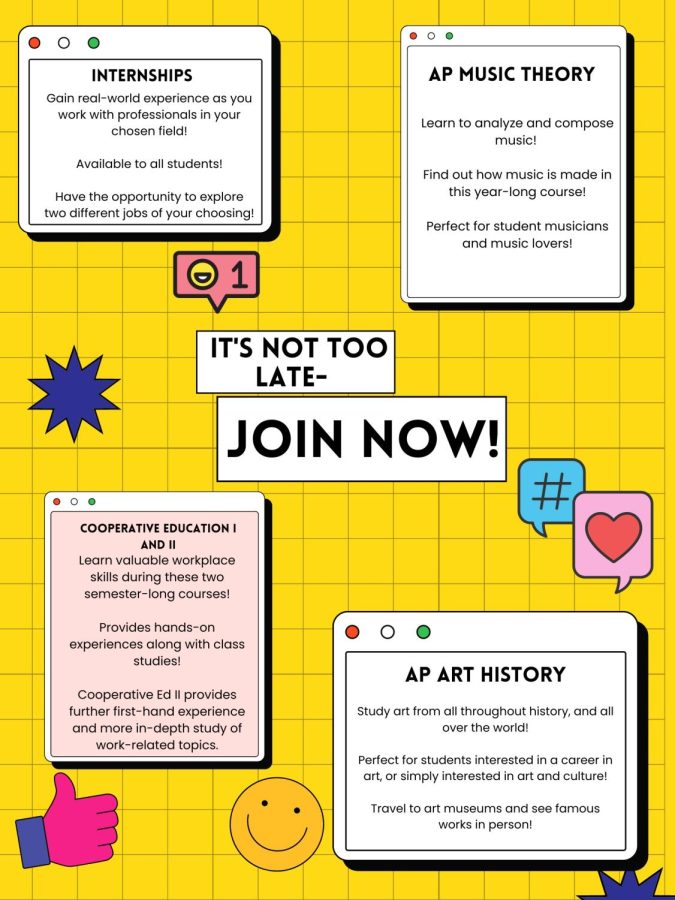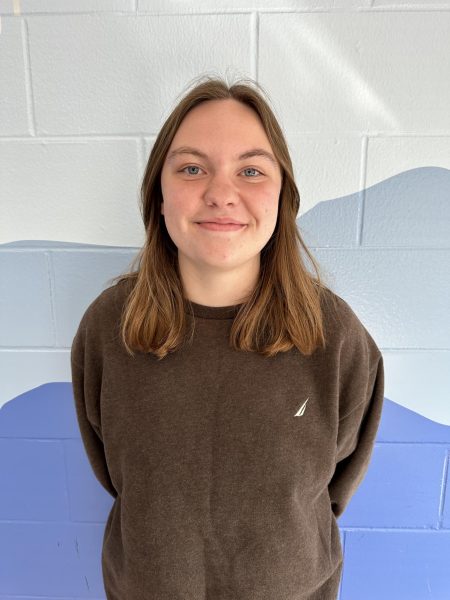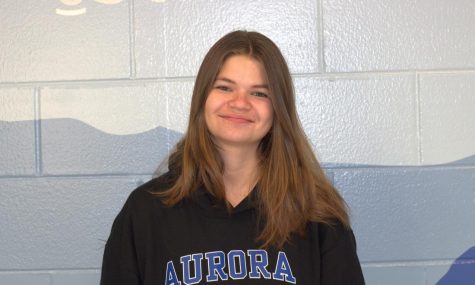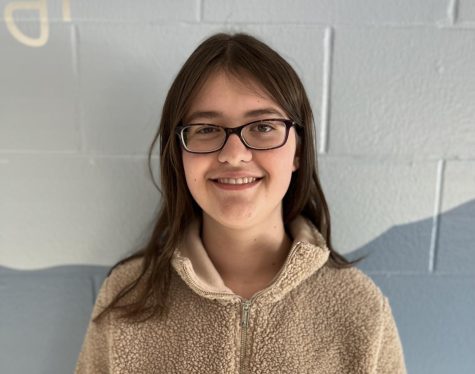Certain North Classes Not Often Running Due to Low Enrollment
January 20, 2023
St. Charles North has many available classes for students to take. Although students know this, there are still several classes that most students aren’t aware of, so much so that some classes don’t always run due to the lack of enrollment.
The teachers of these lesser known classes hope to recruit more students by the time of their counselor course selection meetings (Juniors beginning Jan. 19th and Sophomores Jan. 30th).
Some of the classes that are much less popular with students include Internships, Cooperative Education, AP Music Theory, and AP Art History.
Mike Horn, a business teacher at North, believes both the Internships and Cooperative Education courses offer many valuable experiences for students.
The internships course allows for juniors and seniors to take internships off campus, which allows students to gain knowledge and experience in careers they’re interested in.
“The things that the students get out of that internship experience they would never get in a classroom setting because you’re working in a professional area with real people that do this for a living… Co-Op Education or Cooperative Education is a workplace skills study course. So for example, it’s a year-long course, but it ties into all of those students-juniors or seniors–that have a job,” said Horn.
Both courses provide students with a background in workplace skills and experience.
“So rather than just taking a study hall or leaving school early, you might as well go and do an internship for an hour, you know, a couple hours a week, and figure out if this is what you want to do in college or after high school,” said Horn.
In Cooperative Education, students are taught basic workplace skills, such as resume writing, professional development and interview skills. This allows students to learn about what it takes to work professionally outside of the classroom.
Since many seniors as well as juniors have jobs already, they are able to get partial credit for this class for a job they already have. Students need an economics credit to graduate, so taking Cooperative Education is a great way to get both schoolwork and real-world work done at the same time.
“The second thing is, when we surveyed our senior classes, more than 50% of the seniors have jobs. So they’re already working. So if you’re going to get your Econ credit, and you already have a job, you might as well marry the two and then take maybe a Co-Op, and then get the credit for both. So you’re doubling up the credit,” says Horn.
Cooperative Education hasn’t run at North for the past eight years, but it has always and still does run regularly at East. It would take about 10-12 students to get one section up and running again at North.
Another class that hasn’t been running at North for several years is AP Art History, which has been in the coursebook since 2011 but hasn’t had enough students to be run formally.
This course does run over at East, with 11 students taking the class, one of whom is a North student who gets bussed over to attend.
The curriculum includes 250 pieces of art for students to study that range from prehistory to contemporary art, along with art outside Western tradition, like units on Africa, Asia, South America and more. Students will also be given the opportunity to travel to various art museums on field trips, including the Art Institute of Chicago.
“I think that learning about cultures and what motivates people and how people visually express themselves and learning about all the things that we see around us and how they’re connected to culture and history is kind of incredible,” says Nathan Shackelford, who teaches this course at East.
Those interested in pursuing art in the future or simply just have an interest in arts and culture will enjoy the things this year-long class has to offer.
“I think if people are curious about culture and visual things, it’s just, like, kind of a no-brainer that you would want to go there and learn more about it,” says Shackelford.
AP Music Theory, which is taught by John Wojciechowski, started running in 2004 but hasn’t run since the 2019-2020 school year. This class includes analyzing music, composing music, and ear training.
“You’ll learn how to look at a piece of music and know what it sounds like without hearing it… and the opposite of that would be you hear a piece of music and you can write it down, like the melody or the harmony without using an instrument,” said Wojciechowski.
Students don’t have to be in band, choir or orchestra to be in this class, but will have to meet with Wojciechowski to talk about the background they’ve had in music. This class helps students better understand listening and playing music, which can be helpful in their time as a student at North as well as in the future.
“I think it kind of opens up the world of how music works, which, if you’re a performer, I think helps, too. It helps you understand what you’re doing better. And I think it also helps you when you’re listening to music as a listener; I think it helps you to understand what’s going on on a deeper level. So it can make it more enjoyable that way,” says Wojciechowski.
This class is not only very useful and informational but also provides an engaging environment for students.
“It’s a great class. I’m a blast, and I’m hilarious. And I’ll make you a better musician,” said Wojciechowski.
As the window for course selection narrows, so does the opportunity to enroll in these classes.





